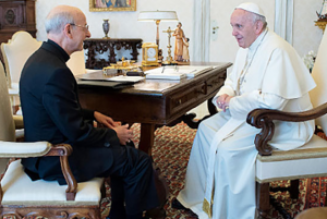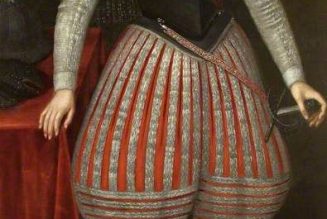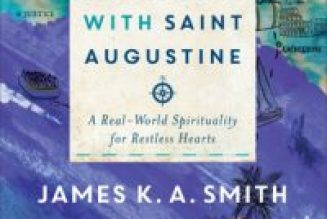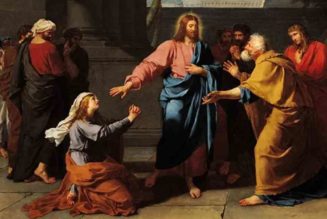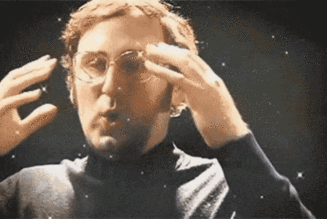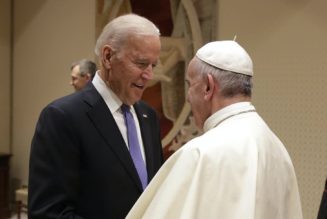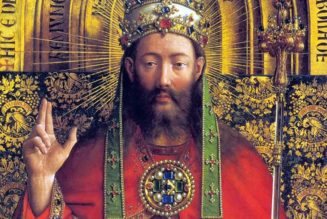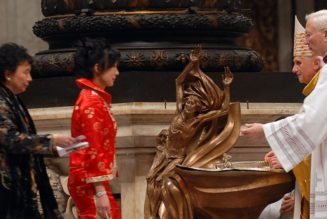ROME – Friday was among the most remarkable single days in the entire Pope Francis era, and given the way this papacy has generated non-stop thrills, chills and spills for more than 11 years now, that’s truly saying something.
It was a long day’s journey into night, beginning at 8:30 a.m. with a still-unexplained, but nonetheless deeply amusing, encounter with more than 100 comedians from around the world – virtually every one of whom, for the record, told reporters they had no idea what they were doing in the Vatican – and ended fourteen hours later when Francis’s helicopter landed back in Rome, after the pontiff spent several hours at a G7 summit in the southern Italian region of Puglia.
Any day that begins with the likes of Whoppi Goldberg, Jimmy Fallon and Conan O’Brien, and then ends in the company of Joe Biden, Giorgia Meloni and Emanuel Macron, has to go down as memorable. (I leave it to the reader to mull which cast of characters, in the end, is the more laughable.)
In addition to cajoling the G7 on the ethical dimension of artificial intelligence while in Puglia, Pope Francis also conducted bilateral meetings with nine heads of state, including not only Biden but President Volodymyr Zelensky of Ukraine and Prime Minister Narendra Modi of India, as well as the Director General of the International Monetary Fund.
Let’s be clear that we’re talking about an 87-year-old man who’s been in and out of the hospital in recent months, who has chronic difficulty breathing and who can’t really move very far under his own power, yet who somehow found the stamina to pull off a day that would put most people half his age into the ground.
What’s the main take-away from this blockbuster of a day? In a word, it confirmed the pope’s star power – and not just Francis, but any pope.
As a thought exercise, ponder the question of what other institution could have convened Goldberg, Fallon, O’Brien, Chris Rock, Stephen Colbert, Julia Louise Dreyfus and Jim Gaffigan, all of whom showed up under their own power, none of whom appeared to understand clearly what the point was, but all of whom were on their best behavior? (We got through the morning, for instance, without anybody being slapped.)
Sure, you could probably get the same roster for the Oscars, but that’s just America’s cavalcade of stars. On Friday, you had the equivalents of that celebrity wattage from all over the world.
Could the Secretary General of the UN pull something like this off? Maybe, but it’s a short list, and there’s almost certainly no one else in the world of religion who could do it. Perhaps the Dalai Lama could have managed it before his recent scandals, or Bishop Desmond Tutu in his day, but that was about personal charisma rather than the power of the office.
Whatever the logic for the event may have been – and, frankly, no one offered a particularly cogent explanation, aside from the fact that it just seemed like a hoot – the comedians’ summit triumphantly confirmed the papacy’s unique power to convene.
The Vatican simply is the greatest home court advantage in the world, and almost no one says no to an invite from the pope.
In terms of the G7, it marked the first time a pontiff had attended the gathering of the major Western powers, and ironically it came at a moment when Francis is steadily reorienting the Vatican away from its historical pact with the West towards a more globally non-aligned stance.
Even so, the star power of the papacy was impossible to miss. An Associated Press report noted that Meloni had touted the pope’s appearance in a special video message in the run-up to the summit in Puglia, emphasizing how it lent enormous prestige to the event, and that when Francis entered the room on Friday, the normally cacophonous space fell silent, and even the heads of state seemed slightly awed.
As John Kirton, a political scientist at the University of Toronto who runs a G7 think tank, put it, “The pope is, well, a special kind of celebrity.”
All that meant that when Francis delivered his address on the moral challenges posed by AI technology, the titans of the earth paid attention. It’s not that they necessarily will follow through on all the pope’s talking points, but they were at least compelled to sit up and listen.
All this is worth underscoring, especially in light of a new document released this week by the Vatican’s Dicastery for Promoting Christian Unity titled “The Bishop of Rome: Primacy and Synodality in the Ecumenical Dialogues and in the Responses to the Encyclical Ut Unum Sint.”
In effect, it’s a reflection on thirty years of experience since the late St. John Paul II invited other Christians to join Catholics in rethinking the exercise of the papacy to make it a source of unity rather than division among Christians – as John Paul put it, a “service of love recognized by all concerned.”
For the most part, it’s been taken for granted ever since that rejiggering the papacy to make it acceptable to other Christian denominations means cutting it down to size, limiting its powers, especially as delineated by the First Vatican Council’s declarations on infallibility and supremacy.
No doubt, there are ways of reframing the role of the pope to allow legitimate diversity in the Christian universe to flourish. Friday, however, was also a triumphant reminder that the papacy occupies an absolutely unique niche on the cultural landscape, and represents arguably the single most precious resource that Christianity has at its disposal to engage the wider world.
If we didn’t have a papacy, in other words, we’d have to invent it – and that’s a point worth bearing in mind, especially as the project of reimagining the office unfolds.
